Not only does this model help parents save money, it also strongly spreads the spirit of sharing, responsibility and environmental protection in the school community.
No more burden
In the context of increasing tuition costs, textbooks are always a concern for many parents when a new school year approaches. Textbooks are often used for only one school year, then discarded, damaged or cannot be reused.
However, a seemingly simple change has created a clear positive effect in many schools in Ninh Binh province: Early publication of textbook lists on the school website.
The proactive announcement of the textbook list since the beginning of June has given parents and students enough time to search, borrow or ask for old books from seniors, friends or the school library. This solution not only helps save significant costs, but also minimizes waste of resources - in line with the current trend of sustainable education development.
“This year, I was able to borrow almost the entire set of textbooks from my cousin in a higher grade. Because the school announced them early, I knew which books I would study so I could borrow them in time. Thanks to that, my parents didn’t have to buy new books, saving me some money, and the old books were still very good for studying,” said Nguyen Hoang Nghia, a student at Ly Nhan Tong High School (Tan Minh, Ninh Binh).
Not only Nghia, hundreds of students at schools such as Phung Chi Kien Secondary School ( Nam Dinh , Ninh Binh), My Tho High School (Phong Doanh, Ninh Binh) or Hoang Van Thu High School (Hien Khanh, Ninh Binh) ... also proactively and effectively utilize the information provided by the school to find old books. Notably, many students not only receive books, but also carefully preserve them to pass on to the next class, spreading the spirit of responsibility in modern schools.
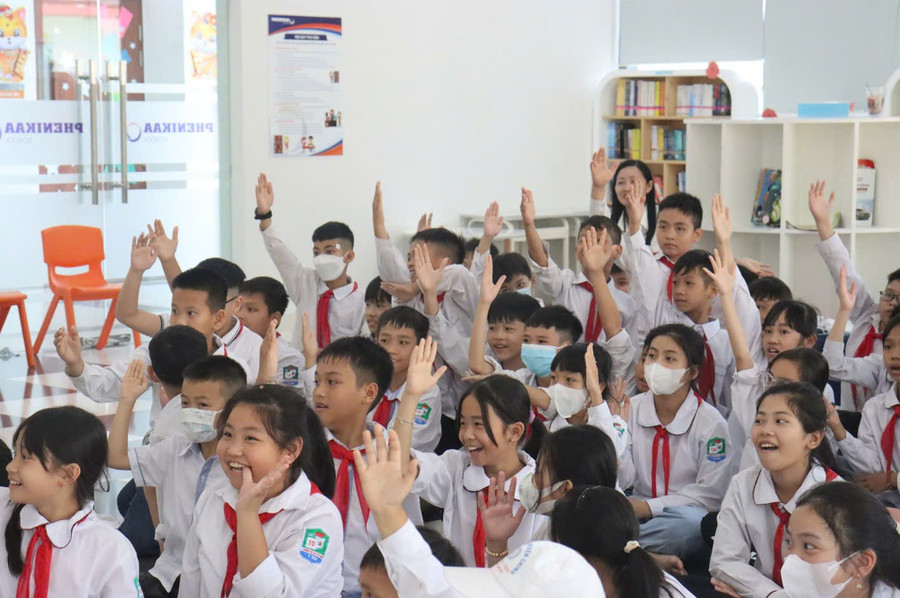
Let books "live" again
The positive change in the approach to textbooks not only comes from students, but also receives great support and companionship from parents.
Ms. Hoang Thi Nhung (Nam Dinh, Ninh Binh), a parent whose child is in 3rd grade, said: “Every year, when the new school year is approaching, I have to rush to buy books because I don’t know which set my child is studying. But this year, thanks to the school posting the textbook list on the website since June, I proactively contacted acquaintances and borrowed the full set. I saved more than 300,000 VND, and my child still has enough books to study.”
According to Ms. Nguyen Thi Thu, homeroom teacher of grade 7 at Tran Bich San Secondary School (Nam Dinh, Ninh Binh), publicizing the textbook list not only helps parents prepare early, but also has a positive impact on students' awareness.
“We regularly remind students to take good care of their books so they can pass them on to their juniors. Some classes even form a ‘Classroom Bookshelf’, arranging books by subject and grade for shared use, which is very scientific and effective,” said Ms. Thu.
Many schools in Ninh Binh province have created models such as “Old books - new friends”, placed in the hallways or in the school library. Upper-class students can leave their used books in good condition, while lower-class students can borrow them under the guidance of their homeroom teachers or librarians. The model is well managed, ensuring that books are in line with the curriculum and are distributed fairly.
Many schools have also proactively called on parents and students to donate books and organize the giving of them to students in difficult circumstances. These small but practical actions not only help students reduce their financial burden, but also contribute to spreading the culture of sharing and kindness in the school community.
“Thanks to the early publication of the textbook list, students are more proactive in preparing materials. Reusing textbooks not only helps reduce costs for parents, but also forms in students a sense of preserving public property and appreciating the knowledge that has been passed down,” said Mr. Nguyen Duy Hanh, Principal of Yen Phu Secondary School (Phong Doanh, Ninh Binh), highly appreciating the practical effectiveness of the model.
From a management perspective, the Department of Education and Training of Ninh Binh province has also promptly issued a document instructing schools to publicize the list of textbooks selected for use on the electronic information portal. At the same time, the department also encourages educational institutions to build a shared library model, with priority given to implementation in schools in remote and isolated areas where students are in difficult circumstances.
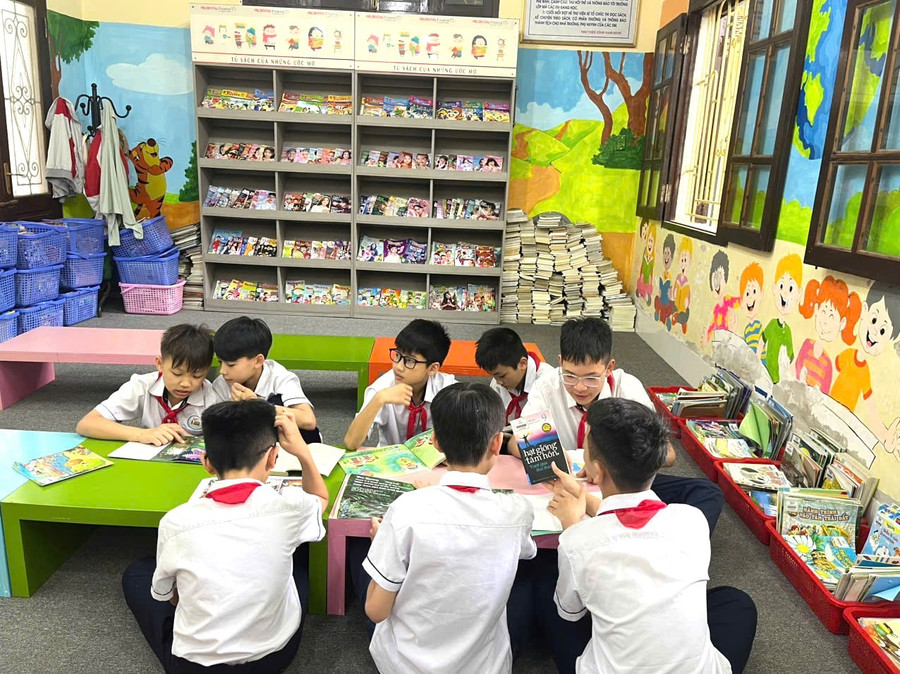
Spreading into the beauty of school culture
According to estimates, a set of textbooks for students from grades 1 to 9 currently costs from 179,000 VND to 250,000 VND, not including workbooks or supplementary materials. For families with two to three children studying, the cost of books each year is not small. Therefore, reusing textbooks brings clear economic benefits.
Along with that, this movement also contributes to reducing paper waste and protecting the environment - something that many schools are actively responding to in the campaign "Green - Clean - Beautiful School".
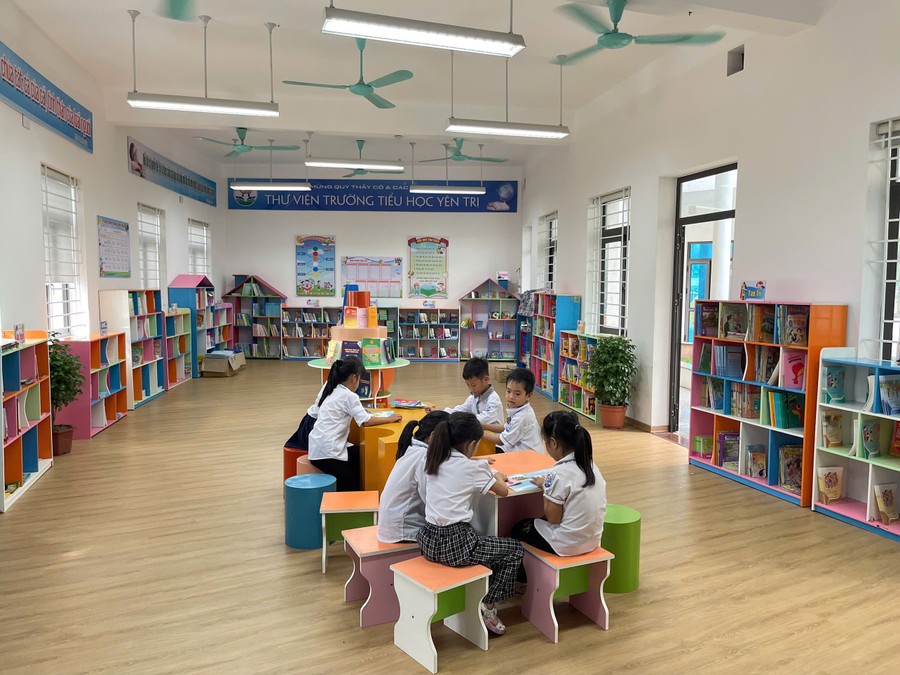
However, the implementation of the movement also encountered some obstacles. Many parents in remote areas are still unfamiliar with or do not have the conditions to access the school website to know the textbook catalog. Some schools do not have a unified process for borrowing and returning old books, or do not have good control over the quality of books in circulation.
To overcome this, many schools have flexibly used Zalo and Facebook groups for parents to announce the textbook list. Some places have also closely coordinated with the parents' association to create a list of books to support disadvantaged students. At the same time, schools have also implemented forms of encouragement and rewards for students who take good care of their books or actively share books with friends.
A representative of the Department of Education and Training of Ninh Binh province affirmed: Publicizing the textbook list is not only a solution to increase transparency in choosing textbooks, but also contributes to ensuring the right to access knowledge for all students. This is one of the concrete steps to reduce the financial burden on parents, while forming a school culture of thrift, sharing, and humanity.
Source: https://giaoducthoidai.vn/tai-su-dung-sach-giao-khoa-cha-me-bot-lo-hoc-sinh-them-vui-post744982.html



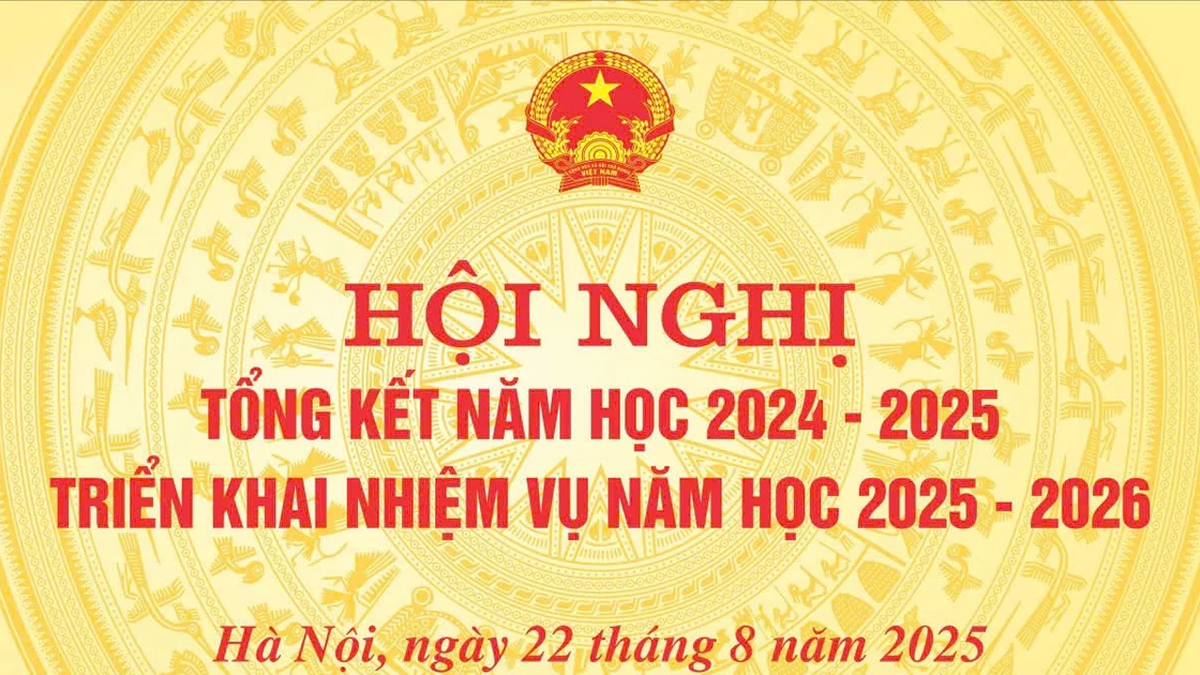

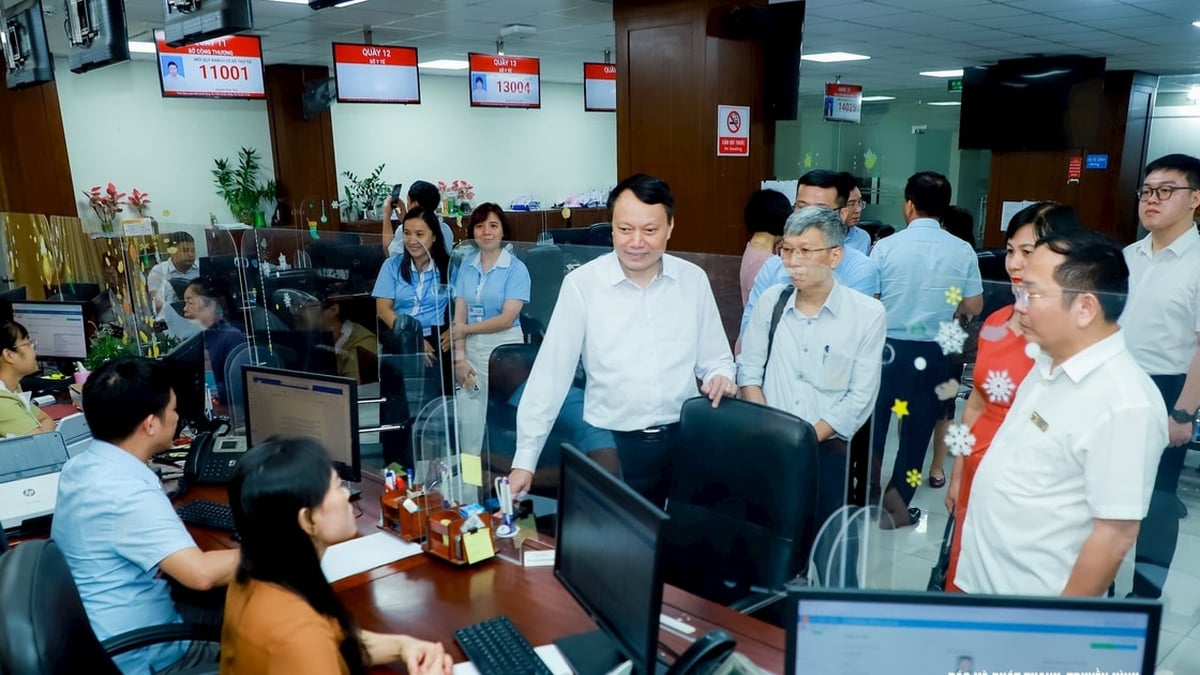
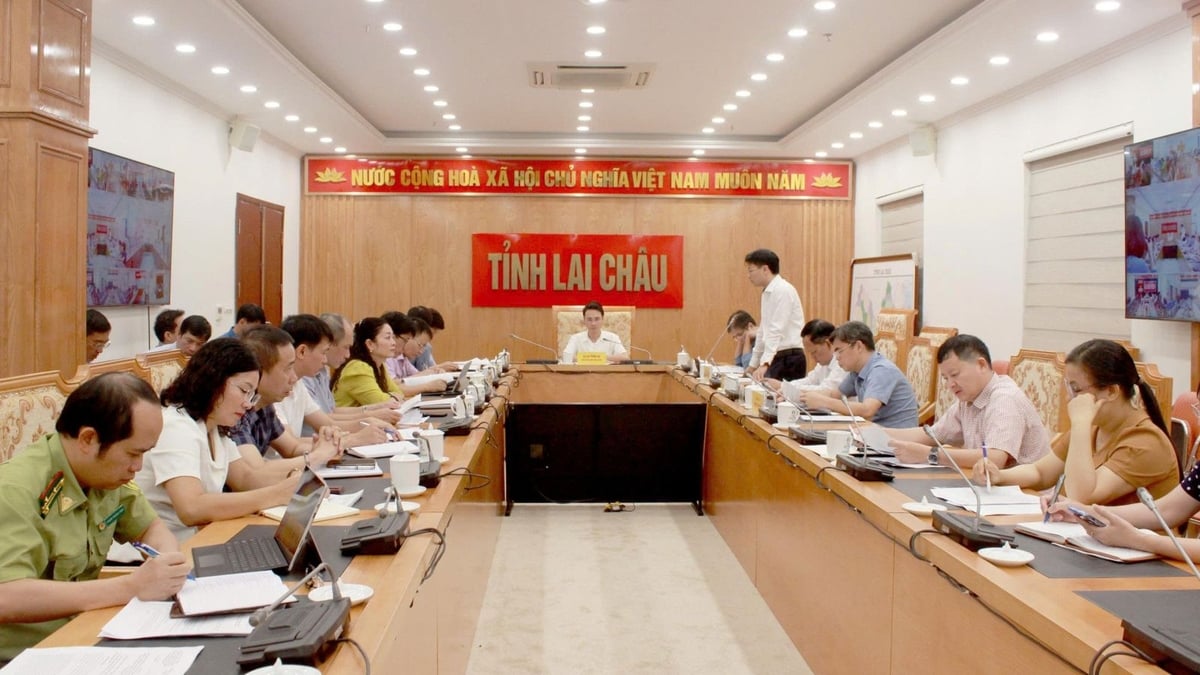
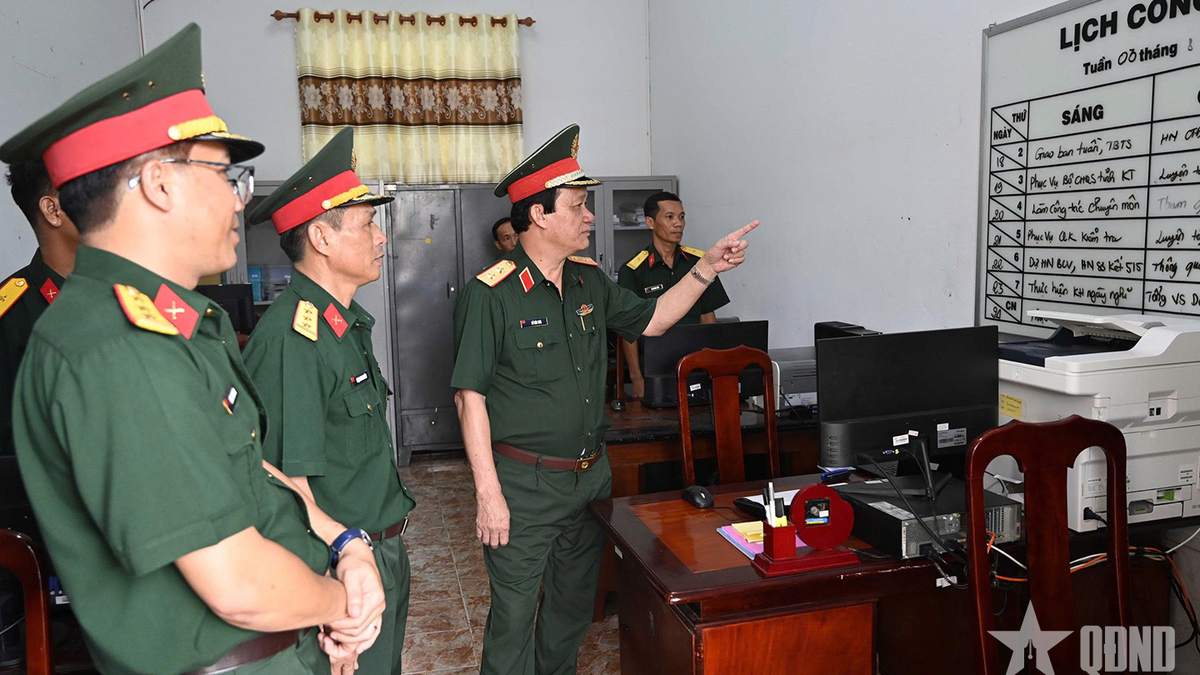
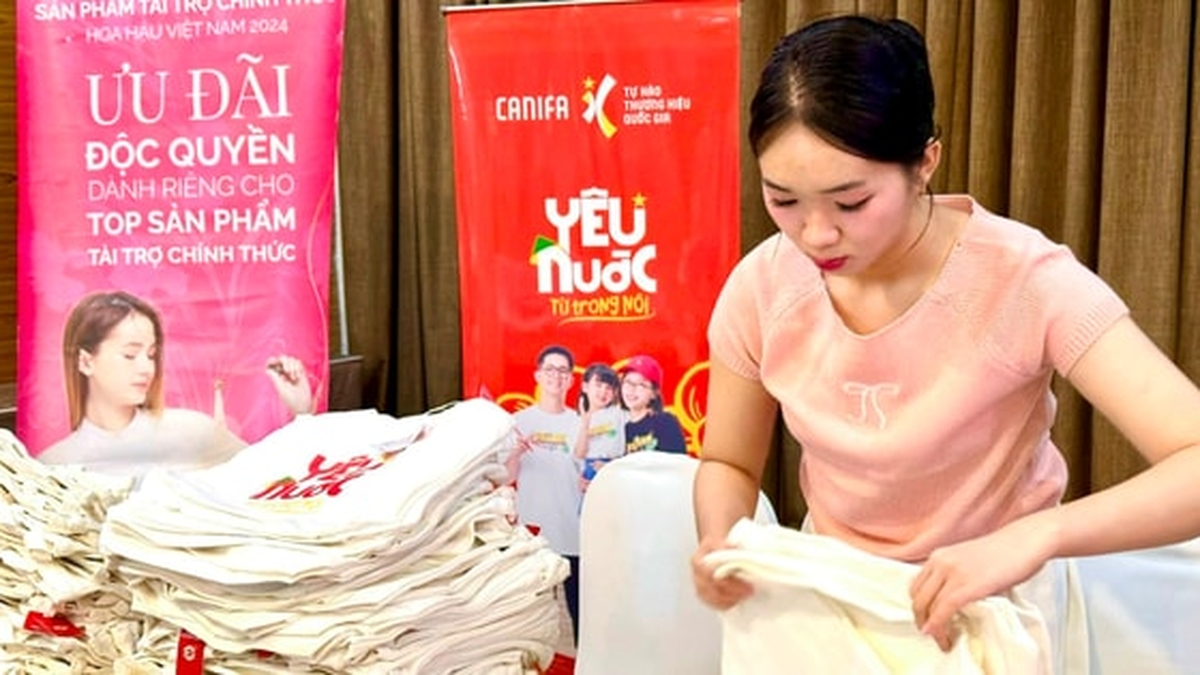
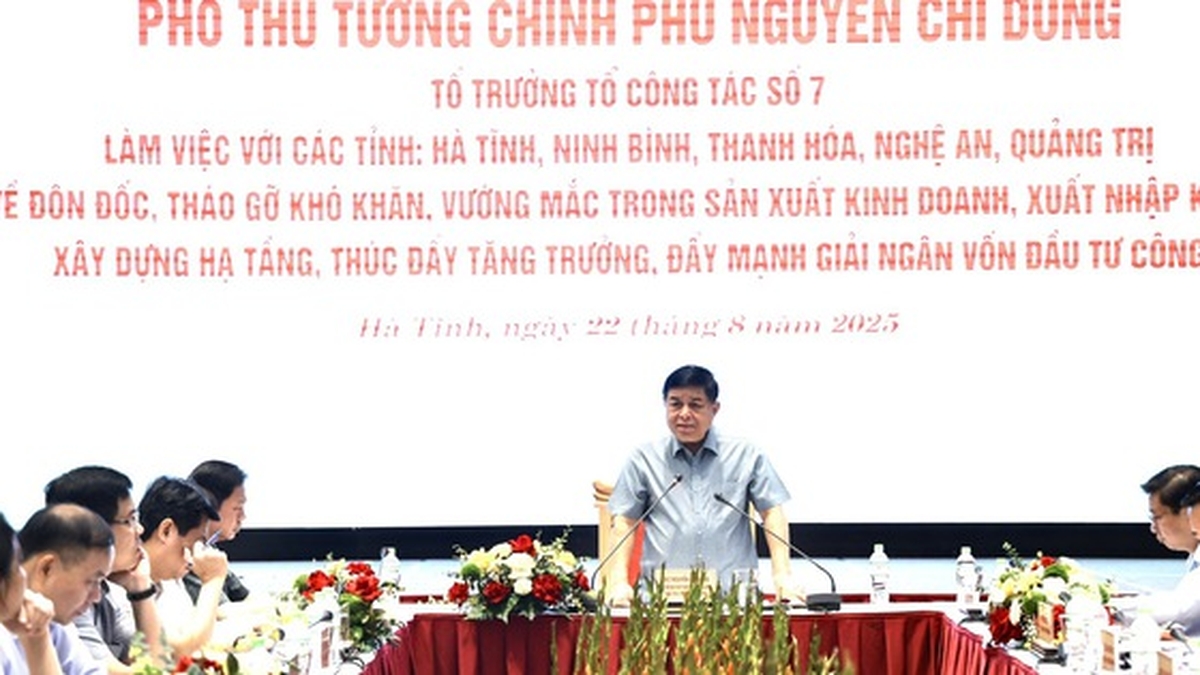

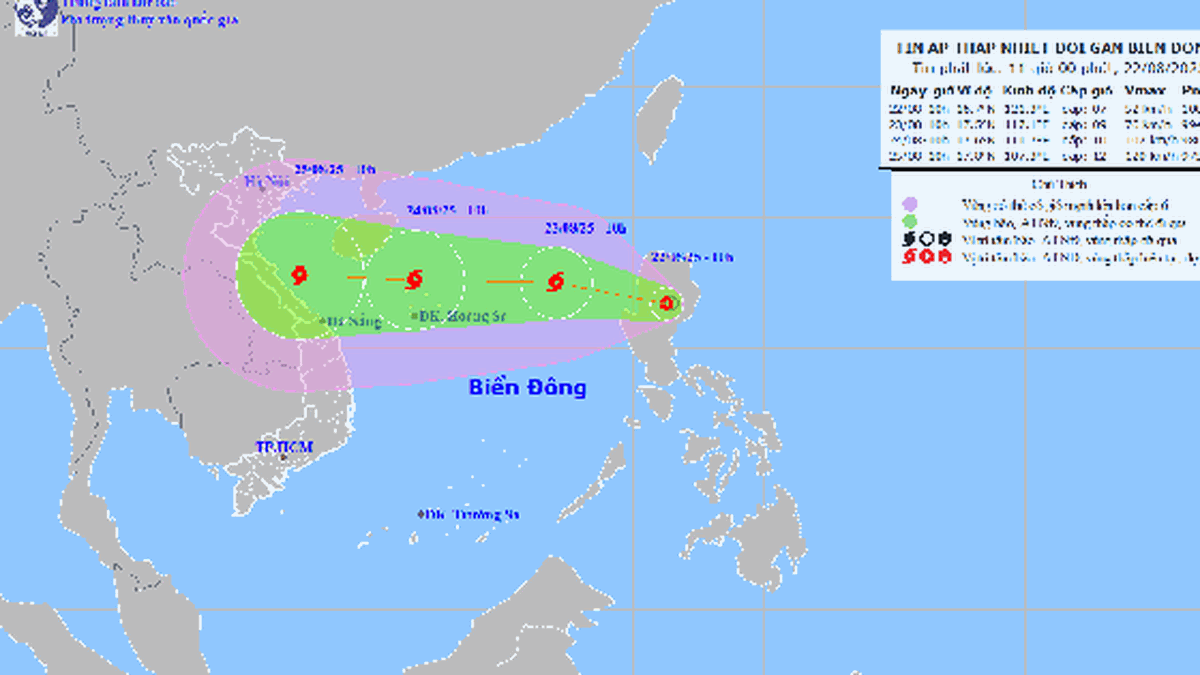
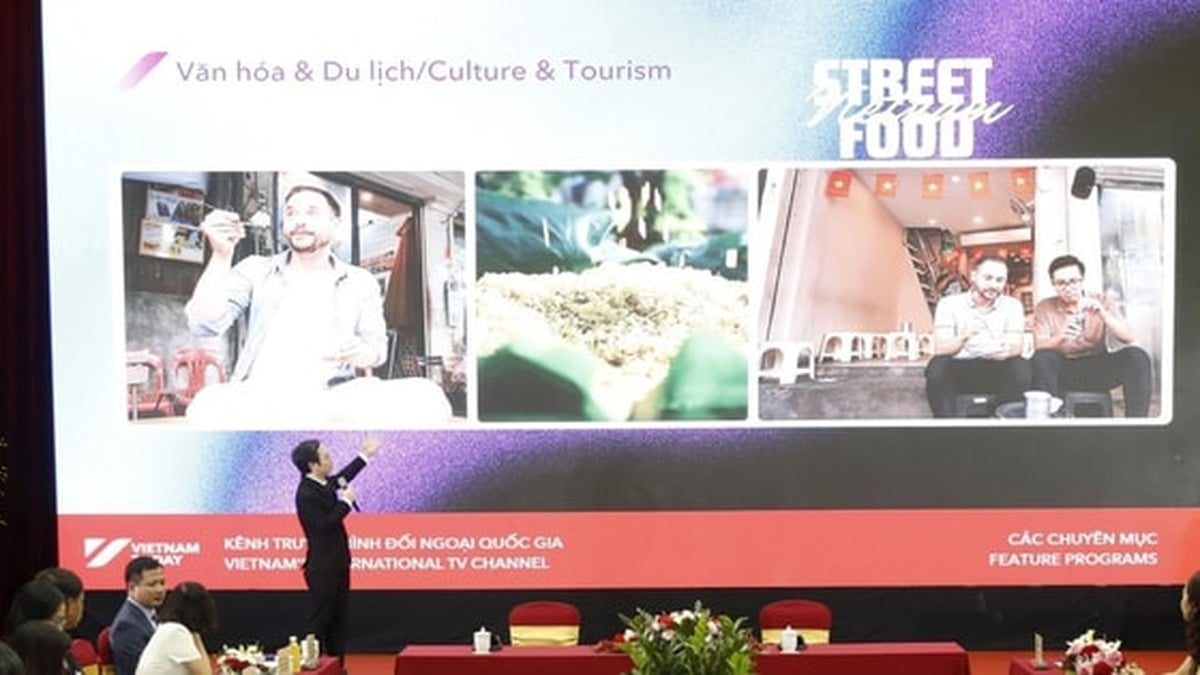












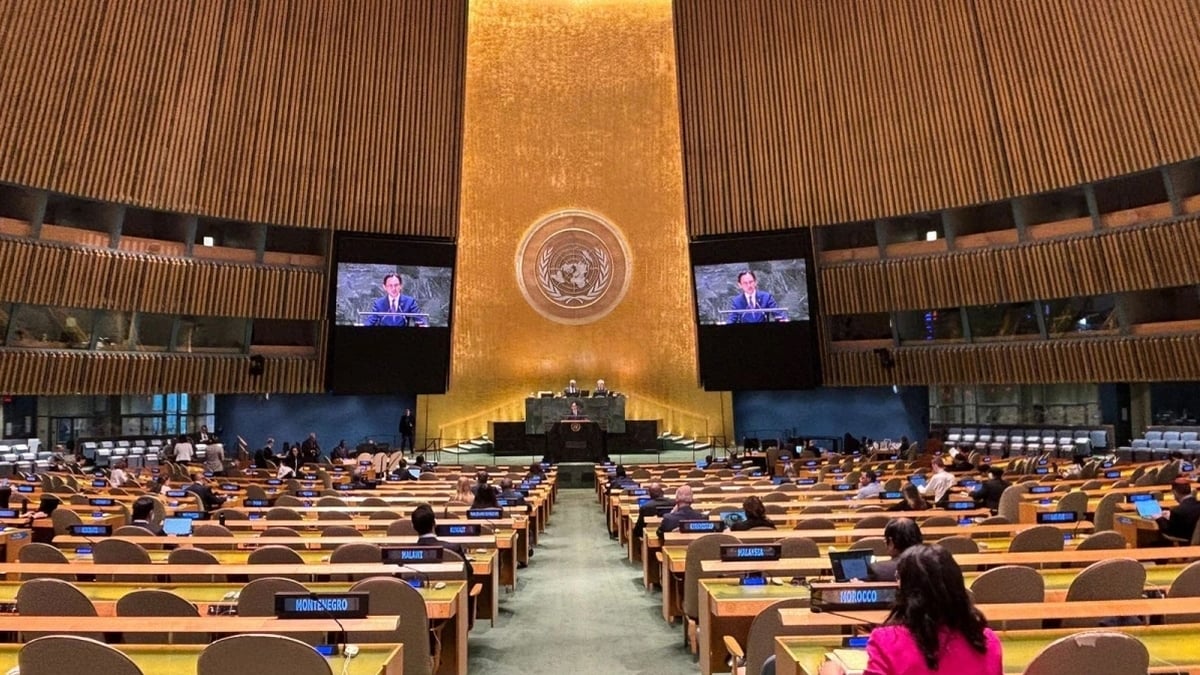

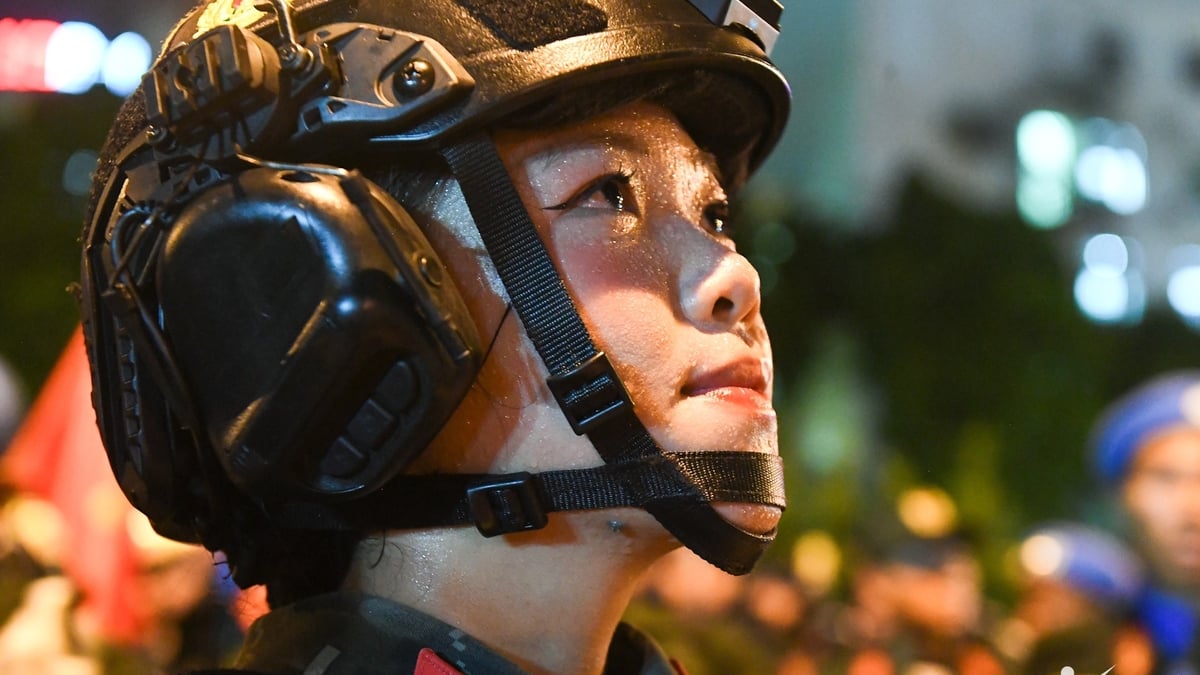





















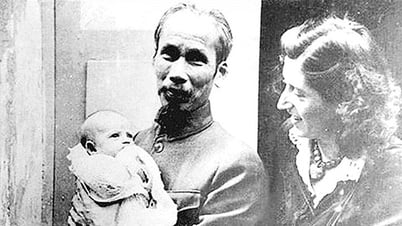













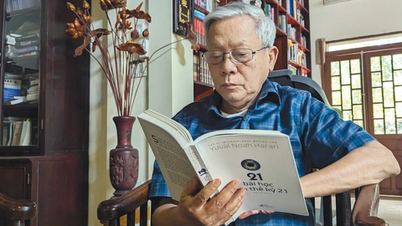




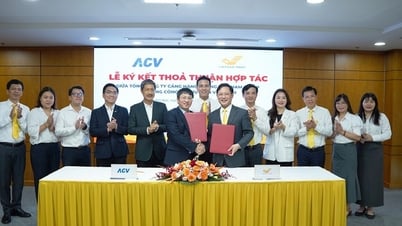

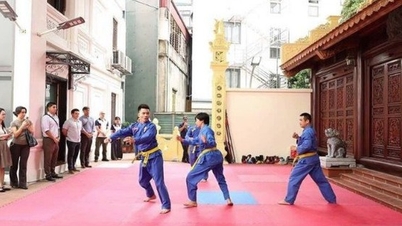


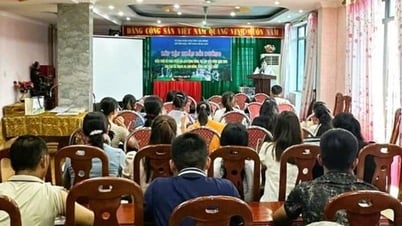
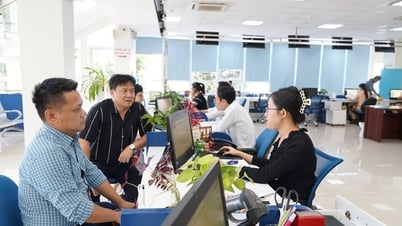












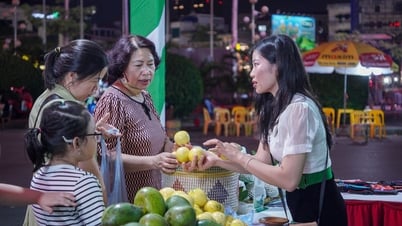

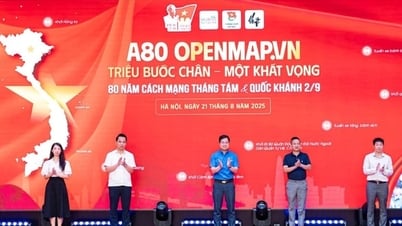






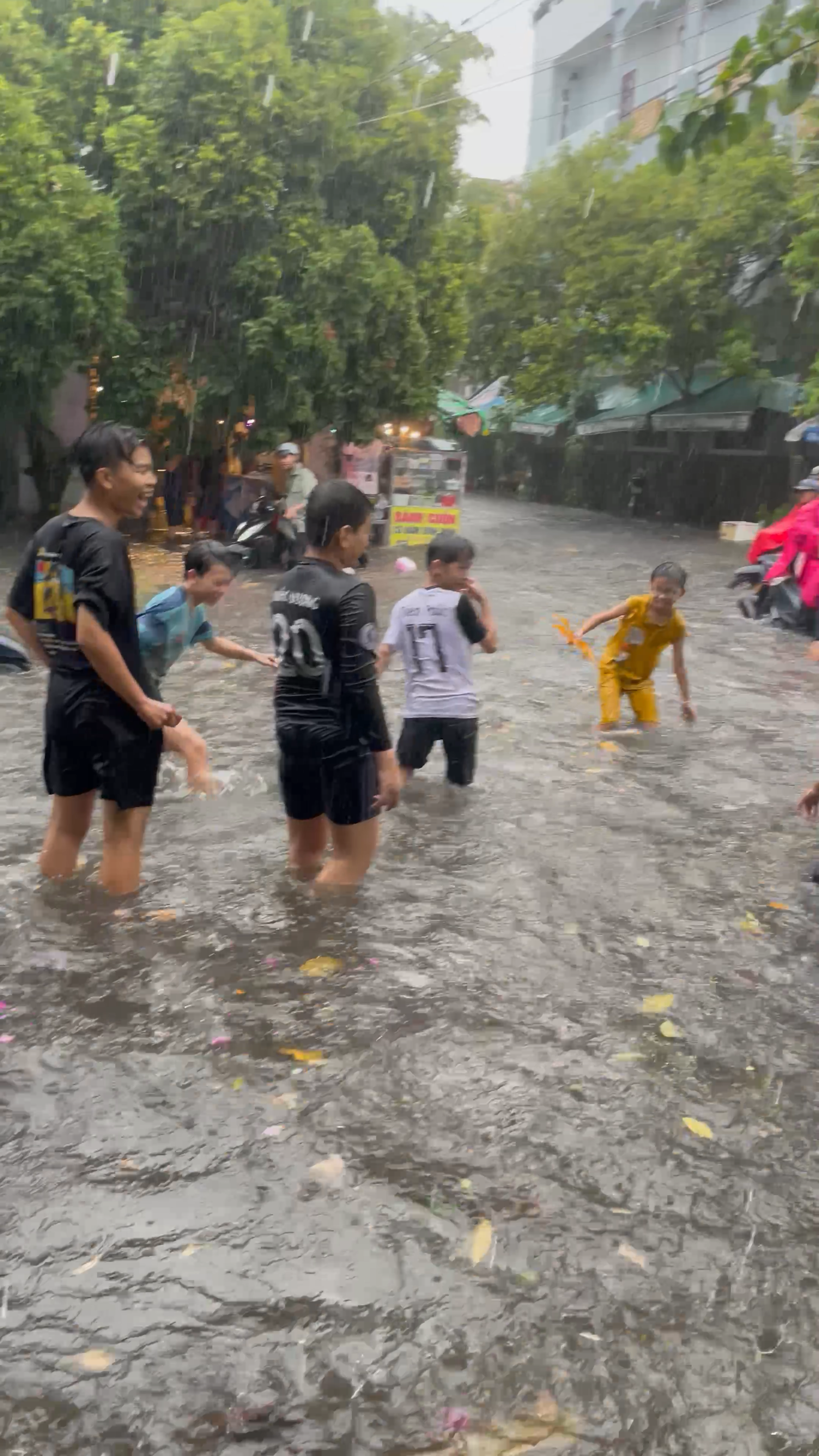
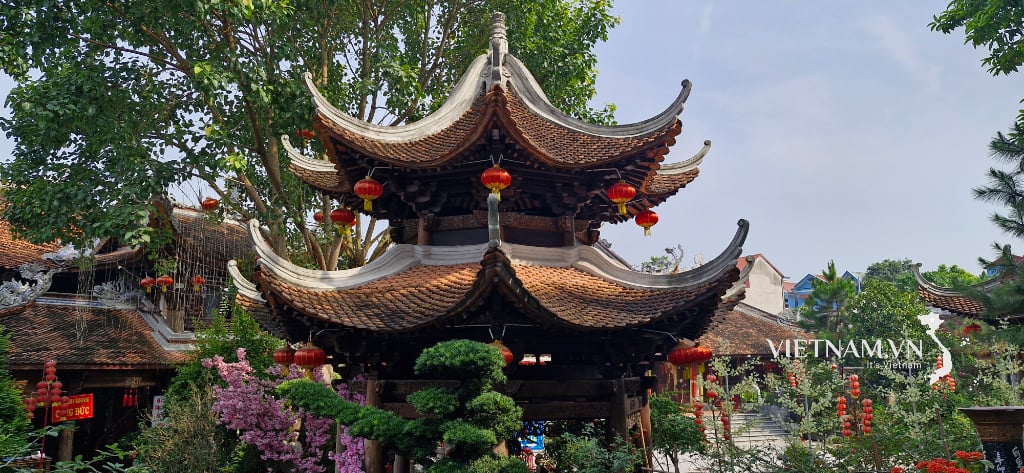
Comment (0)